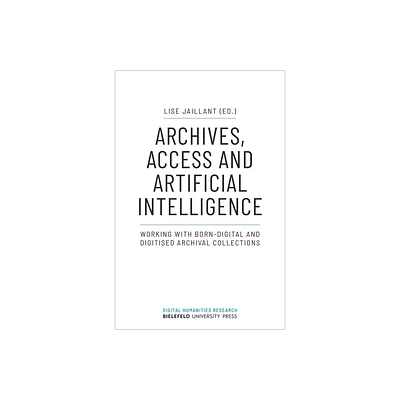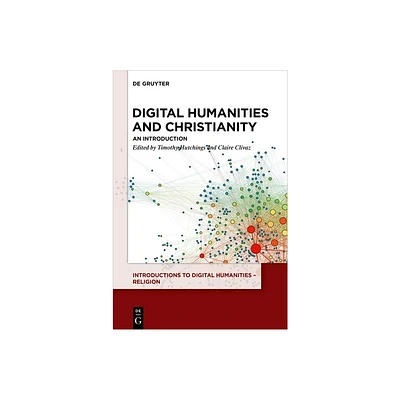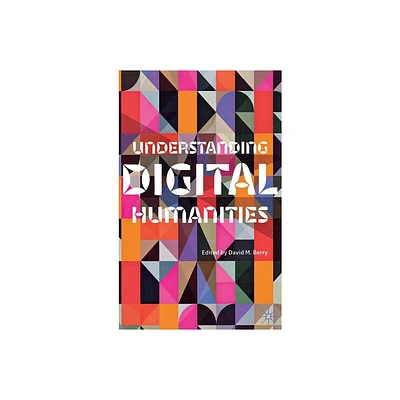Home
Access and Control Digital Humanities
Loading Inventory...
Barnes and Noble
Access and Control Digital Humanities
Current price: $180.00


Barnes and Noble
Access and Control Digital Humanities
Current price: $180.00
Loading Inventory...
Size: Hardcover
*Product Information may vary - to confirm product availability, pricing, and additional information please contact Barnes and Noble
Access and Control in Digital Humanities
explores a range of important questions about who controls data, who is permitted to reproduce or manipulate data, and what'sorts of challenges digital humanists face in making their work accessible and useful.
Contributors to this volume present case studies and theoretical approaches from their experience with applications for digital technology in classrooms, museums, archives, in the field and with the general public. Offering potential answers to the issues of access and control from a variety of perspectives, the volume acknowledges that access is subject to competing interests of a variety of stakeholders. Museums, universities, archives, and some communities all place claims on how data can or cannot be shared through digital initiatives and, given the collaborative nature of most digital humanities projects, those in the field need to be cognizant of the various and often competing interests and rights that shape the nature of access and how it is controlled.
will be of interest to researchers, academics and graduate students working in a variety of fields, including digital humanities, library and information science, history, museum and heritage studies, conservation, English literature, geography and legal studies.
explores a range of important questions about who controls data, who is permitted to reproduce or manipulate data, and what'sorts of challenges digital humanists face in making their work accessible and useful.
Contributors to this volume present case studies and theoretical approaches from their experience with applications for digital technology in classrooms, museums, archives, in the field and with the general public. Offering potential answers to the issues of access and control from a variety of perspectives, the volume acknowledges that access is subject to competing interests of a variety of stakeholders. Museums, universities, archives, and some communities all place claims on how data can or cannot be shared through digital initiatives and, given the collaborative nature of most digital humanities projects, those in the field need to be cognizant of the various and often competing interests and rights that shape the nature of access and how it is controlled.
will be of interest to researchers, academics and graduate students working in a variety of fields, including digital humanities, library and information science, history, museum and heritage studies, conservation, English literature, geography and legal studies.

















